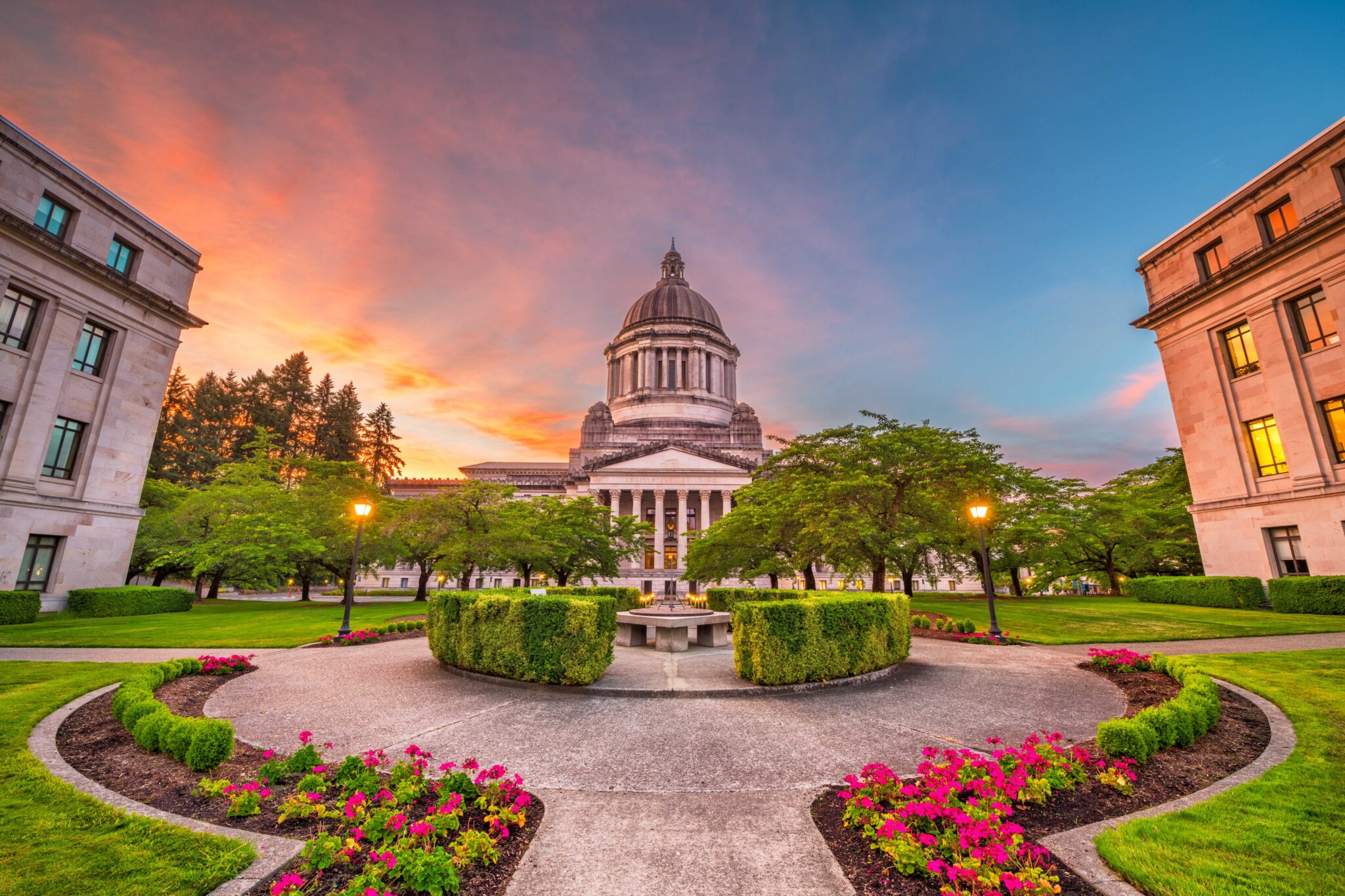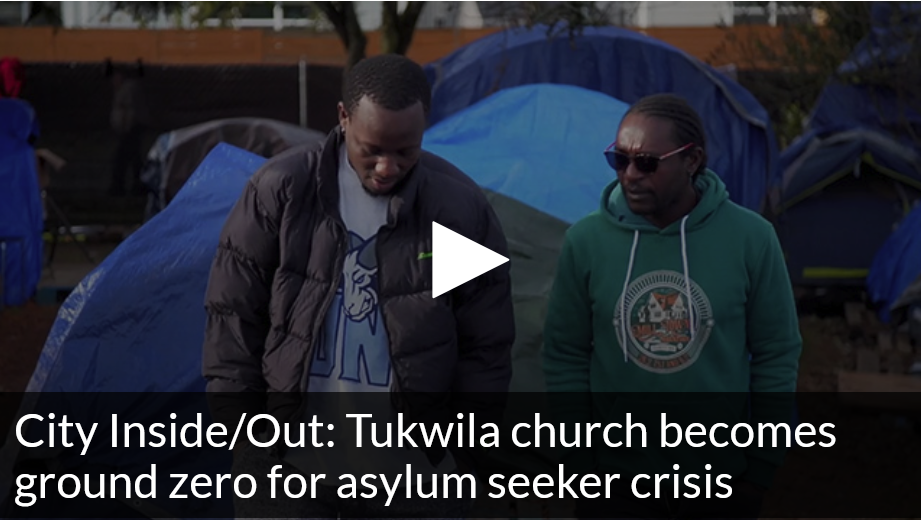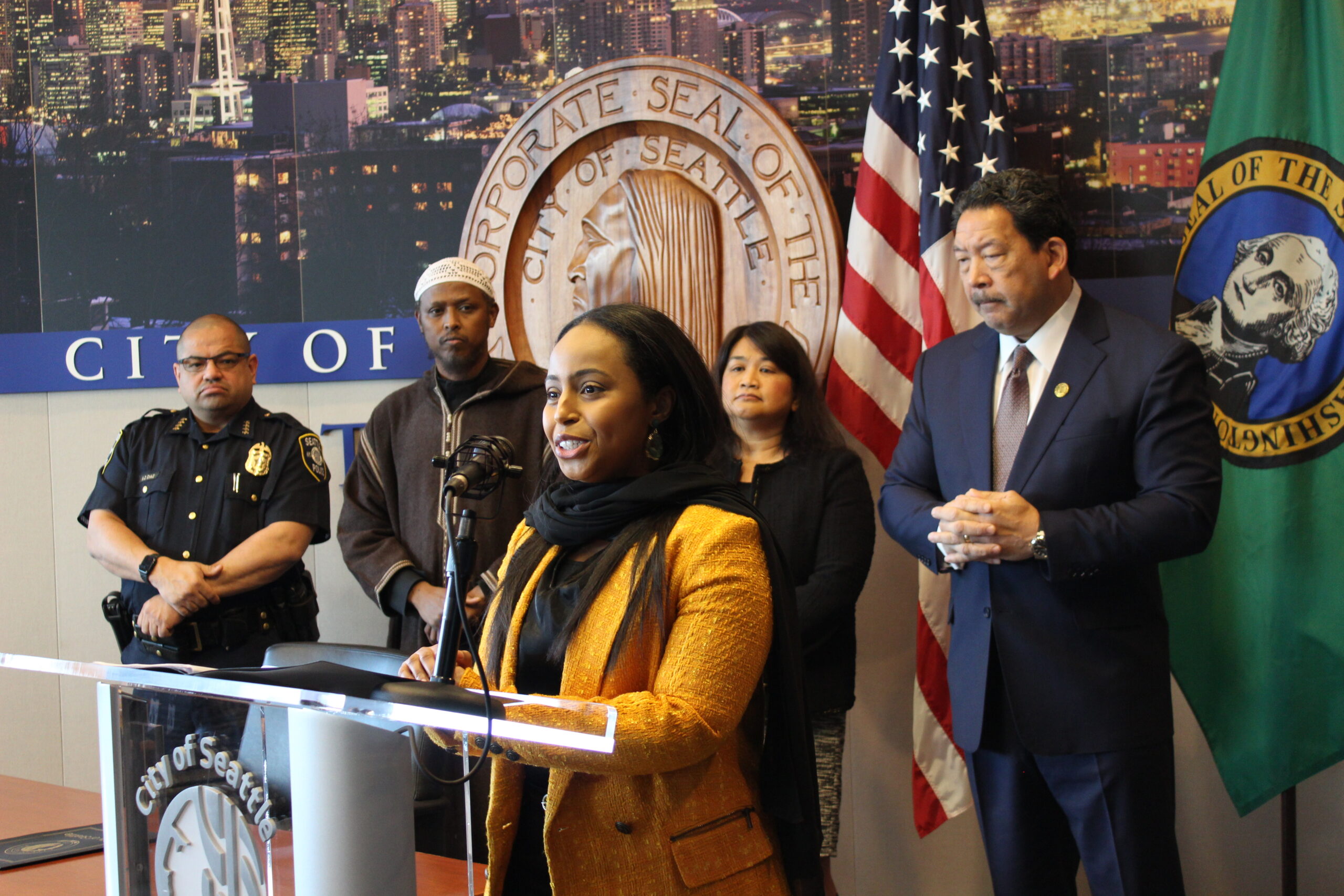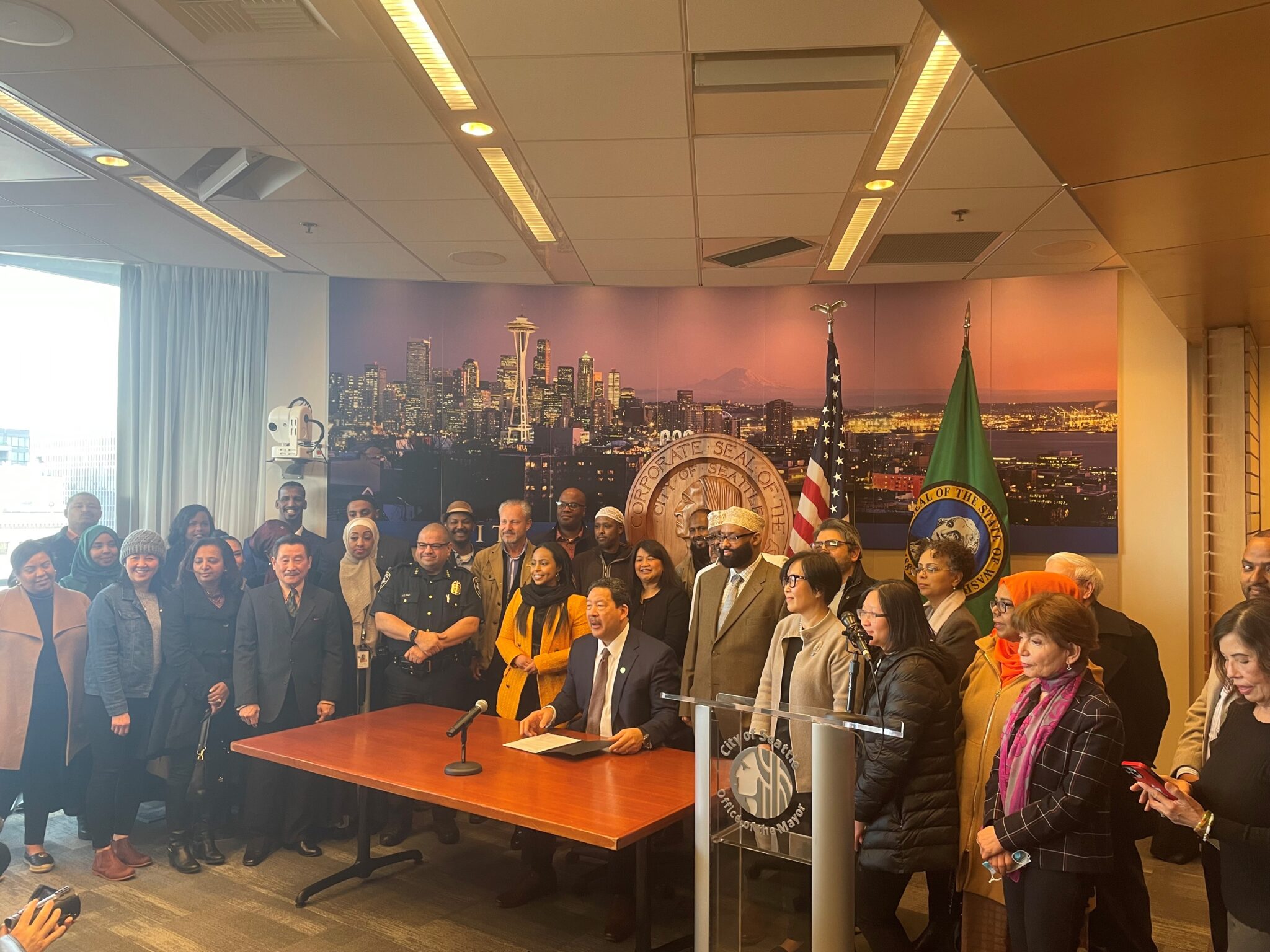
At OIRA, we actively promote our mission by advocating for and advancing policies and legislative actions aimed at enhancing the well-being of immigrant and refugee communities in Seattle. Annually, our office conducts analysis, provides feedback, and endorses various proposed policies that align with the city’s legislative agenda. As a Welcoming City, Seattle prioritizes policies that cultivate a sense of inclusion and ensure immigrants and refugees have access to essential programs and services.
During this year’s Washington Legislative Session, leaders and community partners worked tirelessly to address the needs of our communities through proposed policies and budget allocations. While not all outcomes were as successful as we hoped, we are heartened by the decisive actions taken by our legislature to affirm the value of immigrants in our community. Below, we outline a few key policies that our office closely monitored throughout the session.
Supporting Asylum-Seekers and Migrants in Our Community
Along with many other regions, Washington has experienced a recent increase in newcomers arriving in our community. As many of these newcomers do not qualify for any federal public benefits or have authorization to work immediately, they have faced challenges accessing shelter and meeting other basic needs. In an effort to address this immediate humanitarian need, our office has served as a vital thought partner and facilitator with the City of Tukwila, King County, the state, and non-profit service agencies to work together toward appropriate and sustainable solutions. Find out more in a recent OIRA blog post.
This session, the legislature took key steps in establishing an infrastructure to serve these community members, including expanding the scope of services of the state’s Office of Refugee & Immigrant Assistance (ORIA) to include services for newcomers that don’t qualify for federal benefits (HB 2368) and providing $25 million in funding to ORIA to offer support services to newly arrived asylum seekers and migrants beginning July 1st.
The legislature also added $28.4 million to expand Apple Health, offering health coverage to low-income community members including asylum-seekers and undocumented immigrants who can’t access other health coverage. OIRA’s Director Hamdi Mohamed has been working closely with Sarah Peterson, head of ORIA, as co-chairs of a recently established Intergovernmental Task Force to understand the needs of these community members and coordinate various levels of government.
Removing Barriers to Economic Opportunities
Despite possessing education, credentials, and experience, immigrants encounter difficulties obtaining occupational licenses and entering professional career tracks, hindering their ability to contribute to immediate workforce needs and the long-term economic vitality of our region, representing a loss for employers, our community, and immigrants themselves. The Migration Policy Institute (MPI) estimates that lost wages from the un- and under-employment of professional immigrants – a phenomenon referred to as “brain waste” – are nearly $40 billion annually and, as a result, governments are losing $10 billion annually in taxes.
Several bills signed into law this legislative session address this phenomenon by targeting specific systematic barriers many immigrants face in accessing professional employment opportunities and economic mobility. DACA recipients will now be able to pursue civil services positions in Washington (SB 6157), including law enforcement, and many state jobs will no longer require US college degrees (HB 2216), but instead consider alternatives to assess a candidate’s qualifications. The legislature is also increasing access to professional licenses and certifications by making them available to all Washingtonians regardless of their immigration status (HB 1889), opening pathways to careers in healthcare and education, among many others.
Despite the progress made with these bills, many barriers will continue to stand in the way of full inclusion of immigrants in Washington’s workforce, including lack of recognition of education and experience obtained outside the U.S., alternative pathways to qualify for many professional licenses, and uncertainty for the long-term legal status of DACA recipients.
Legislative Triumph Ensures Support for Rideshare Workers’ Families
App-based gig labor has become a lifeline for many immigrants seeking economic independence and stability. However, the promise of flexibility and autonomy often masks the realities of insecurity and vulnerability faced by workers. Tragically, this vulnerability has led to a wave of violence targeting rideshare drivers, particularly immigrants, with five senselessly murdered while on duty in the Seattle area since 2020.
In a monumental step, Governor Jay Inslee signed legislation expanding death benefits for families of rideshare drivers who lose their lives while on duty. This landmark move, facilitated by the passing of House Bill 2382, addresses a critical gap in current benefits, ensuring that families receive adequate support in times of tragedy. With approximately 54% of rideshare drivers in King County providing more than half of their family income, the loss of a driver not only devastates a family emotionally but also leaves them grappling with financial instability.
Washington State’s proactive stance sets a precedent for the nation, becoming the first to offer expanded benefits to rideshare drivers. While the passage of HB 2382 is a significant stride towards providing essential support and protection, challenges persist. As we mourn the lives lost, we continue to advocate for the rights of immigrant rideshare drivers and ask for accountability from gig companies and policymakers. Through collective action, legislative advocacy, and community solidarity, we envision a future where all workers, regardless of their background or profession, can thrive and prosper. In doing so, we honor the resilience and spirit of immigrants who strive for a better life in the land of opportunity.
Recognizing Lunar New Year
Washington joins California, Colorado, New York, and New Jersey in recognizing Lunar New Year as a public holiday. Additionally, HB 2209 calls for government agencies and public schools to celebrate Lunar New Year and to develop educational materials to help Washingtonians better understand the significance of the holiday to many Asian-Americans in our community. This legislation comes in the wake of a steep increase in hate crimes targeting Asian and Asian Americans across major US cities beginning in 2020, the mass shooting in Monterey Park during Lunar New Year in 2023, the recent defacement of the Wing Luke Museum, and a series of home invasions targeting Asian Americans in south Seattle. Rep. My-Linh Thai describes this legislation as “Creating space for learning, understanding and most importantly, really celebrating one another’s cultural heritage.” She explained to ABCNews, “To me, that is how we build this nation stronger – by building, creating opportunities for communities to come together and be stronger together.”
Unemployment for Undocumented Workers
Expanding unemployment insurance to all workers regardless of their immigration status has been a key advocacy priority of OIRA and many local immigrant advocacy groups. Undocumented workers, who make up approximately 4% of our state’s population, pay into the state’s unemployment system, but currently have no access to unemployment assistance to get through difficult times. While this legislation (HB 1095 / SB 5109) has not passed for the last four legislative sessions, the legislature did take a step forward by funding a workgroup to further study potential options to expand unemployment to undocumented workers in Washington.
All of these new laws represent important victories for Washington immigrant and refugee communities, and we would like to acknowledge all of the advocates who have contributed to the efforts to make these new laws a reality. With this legislative session complete, OIRA’s policy team will begin focusing on the 2025 session this summer by working collectively with our stakeholders to begin the process of identifying and developing policy priorities that may continue to improve the lives of Seattle’s immigrant and refugee communities.


